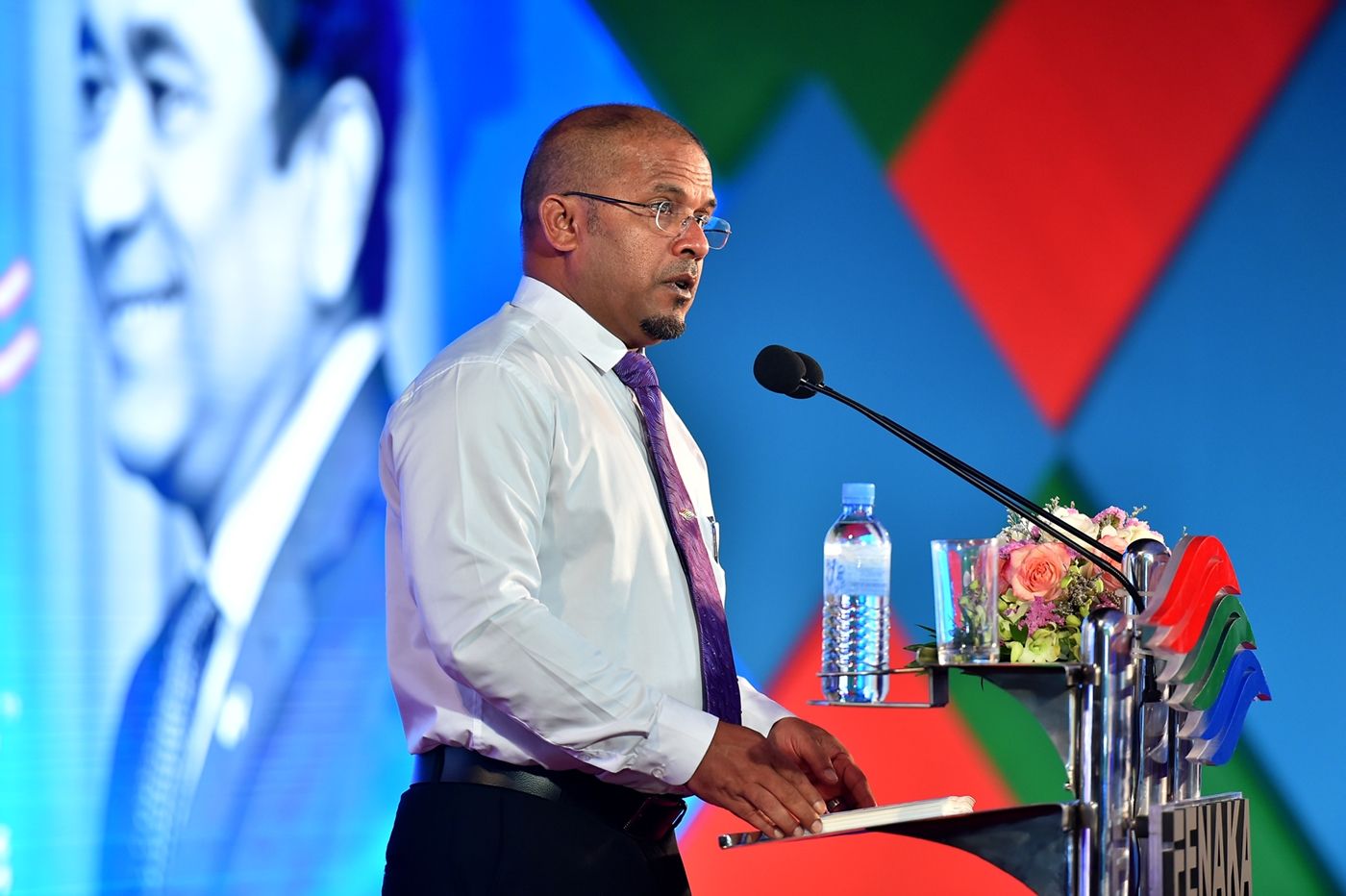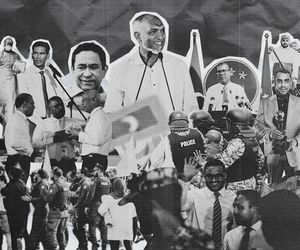Ex-election chief laments state of Maldives electoral body
Nobody believes the Elections Commission and nobody respects it, says its former chief.

03 Sep 2018, 09:00
Omkar Khandekar
Around this time in 2013 Fuwad Thowfeek was clocking up 15-hour work days, shuttling between press briefings, panel discussions and awareness programmes as the Maldives geared up for its second-ever democratic elections. Today, the former head of the Elections Commission is jobless, exiled and fears for the legitimacy of a presidential poll scheduled for 23 September.
“We were trying our best to get people’s confidence in the Elections Commission,” he tells the Maldives Independent. “It involved a lot of work, a lot of fights with the government. We were sticking to the principles of the constitution and the law.
“But nobody believes the EC today. Nobody respects it. I feel very sad. It’s like building something and then watching it get destroyed.”
His view is a bleak but not uncommon one. For months the Maldives’ electoral body has been criticised by the opposition, civil society and international watchdogs for its apparent lack of willingness to conduct free and fair elections.
Become a member
Get full access to our archive and personalise your experience.
Already a member?
Discussion
No comments yet. Be the first to share your thoughts!
No comments yet. Be the first to join the conversation!
Join the Conversation
Sign in to share your thoughts under an alias and take part in the discussion. Independent journalism thrives on open, respectful debate — your voice matters.




